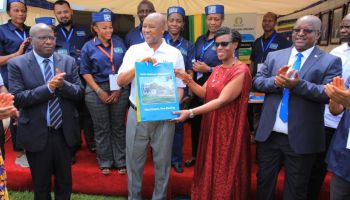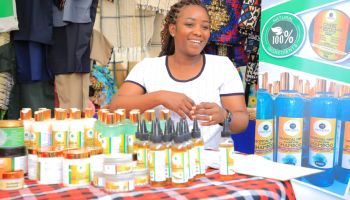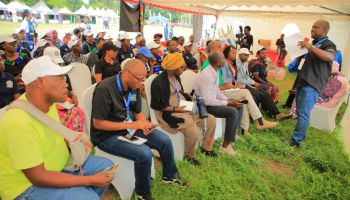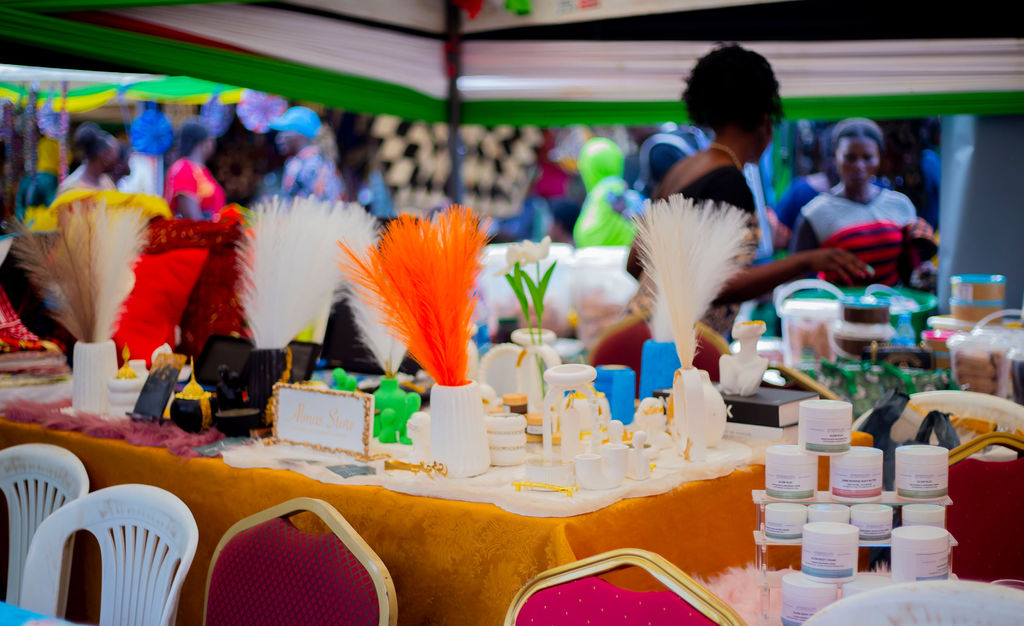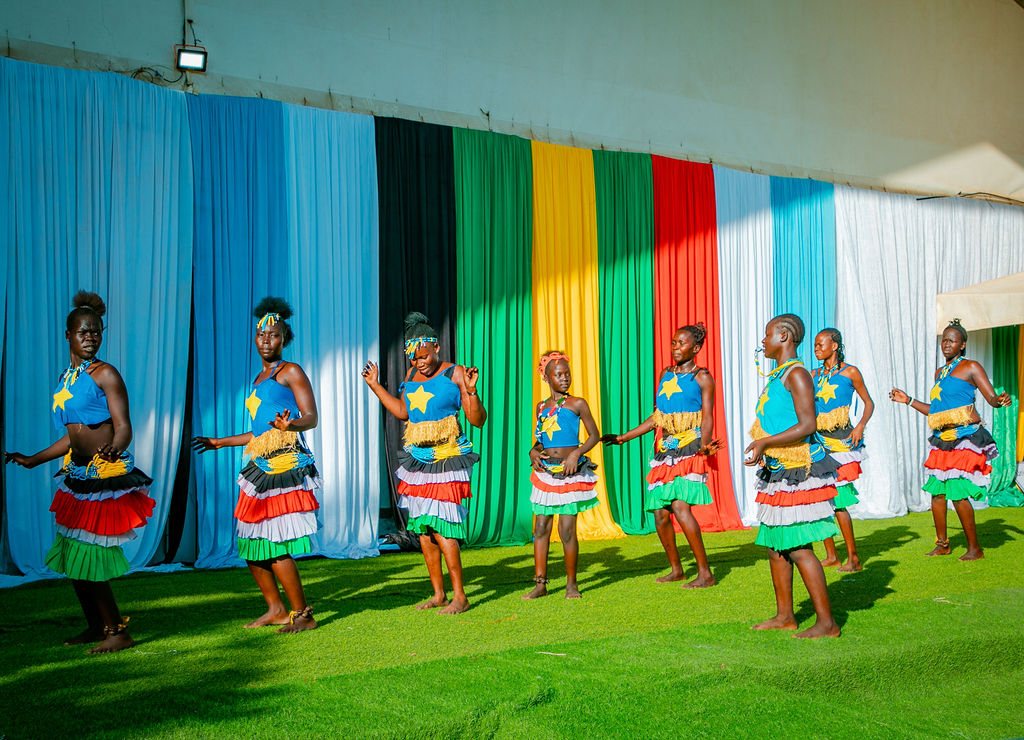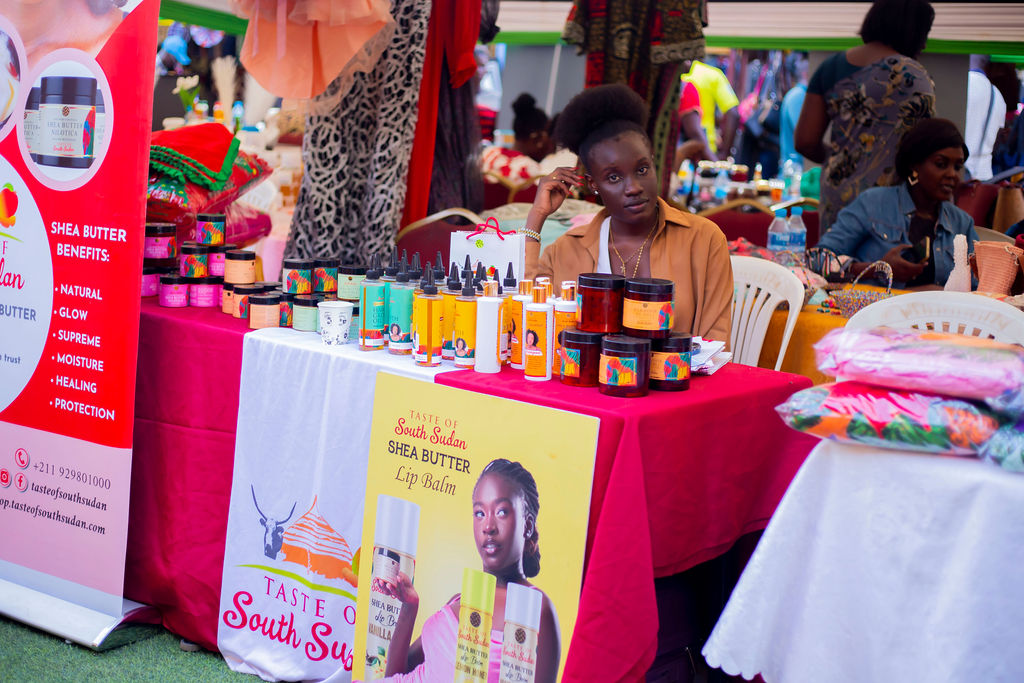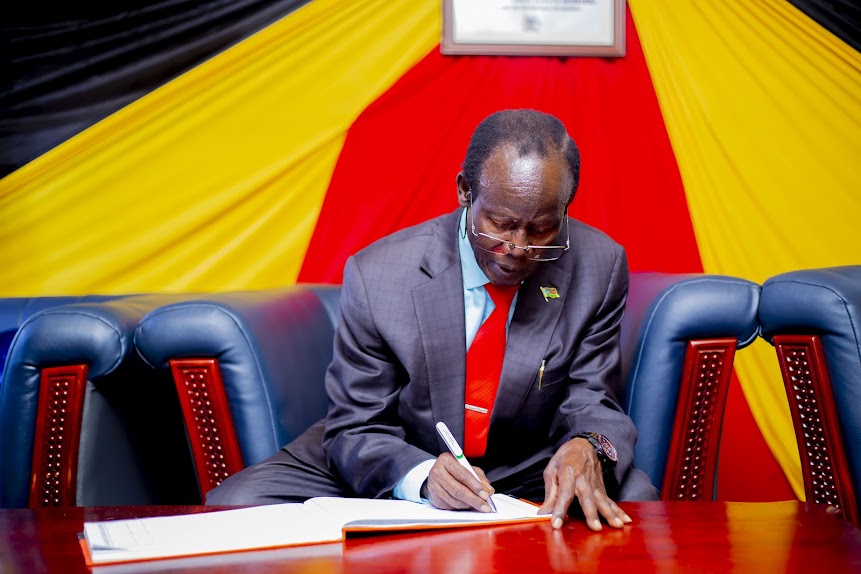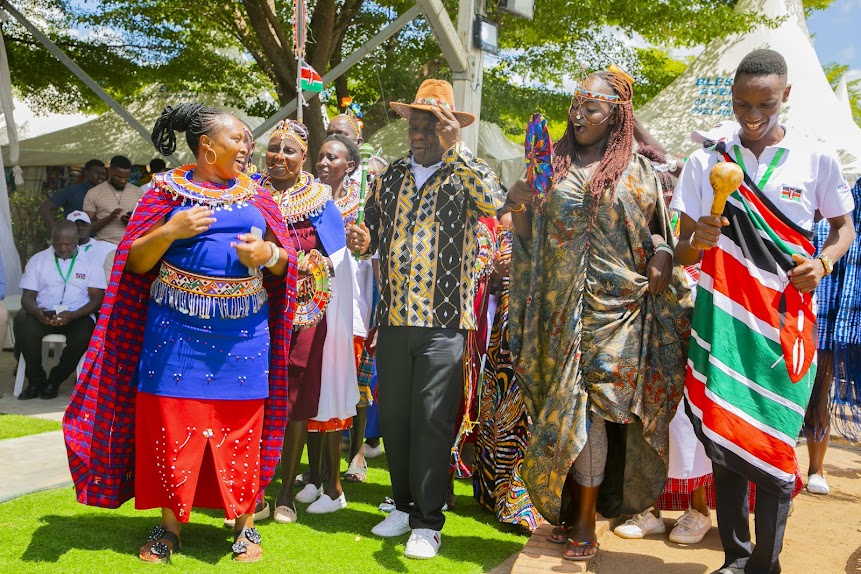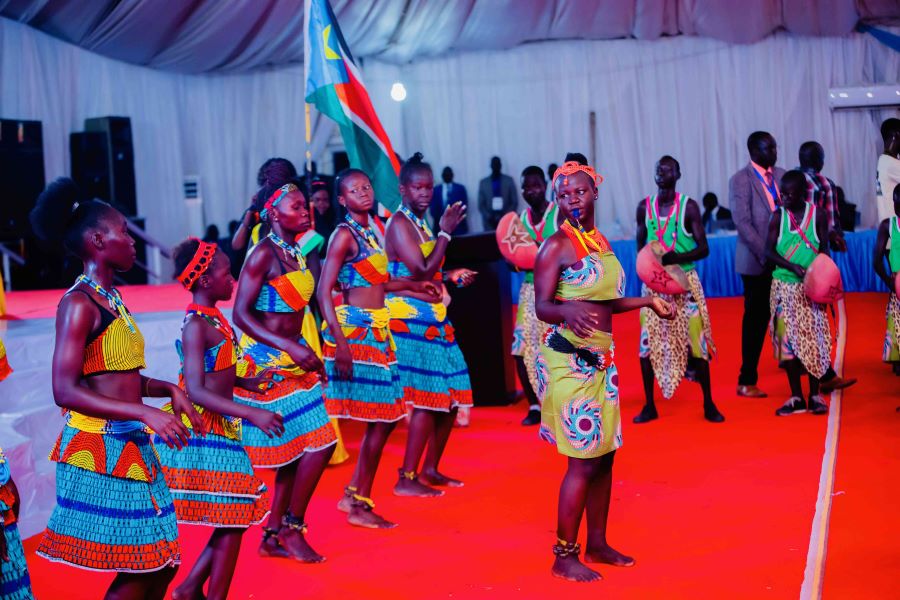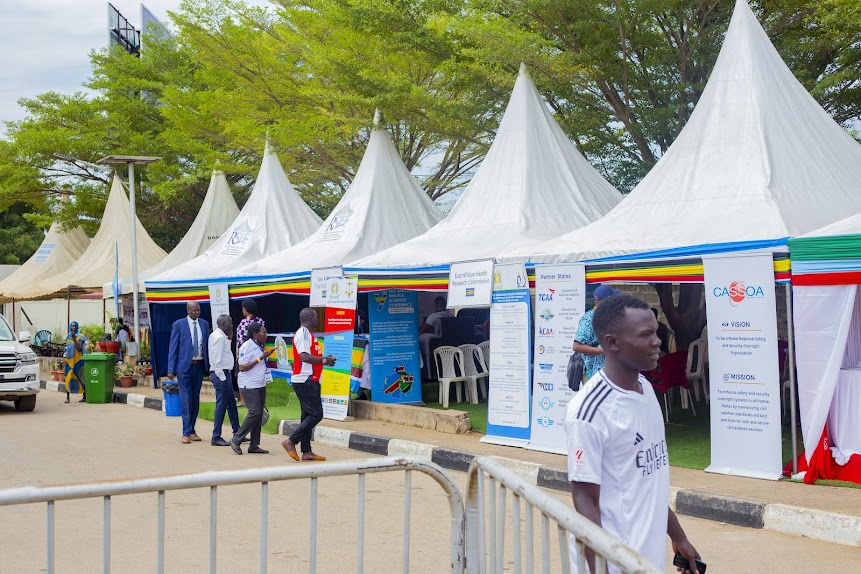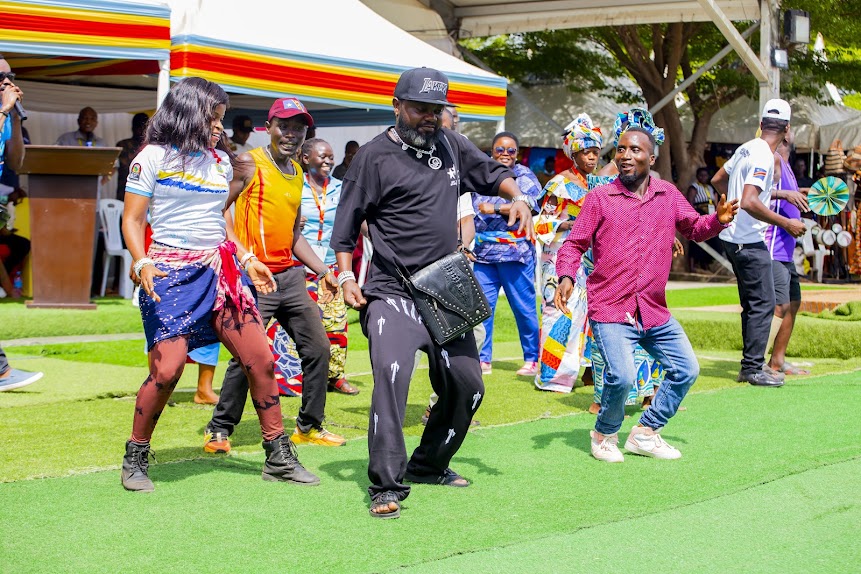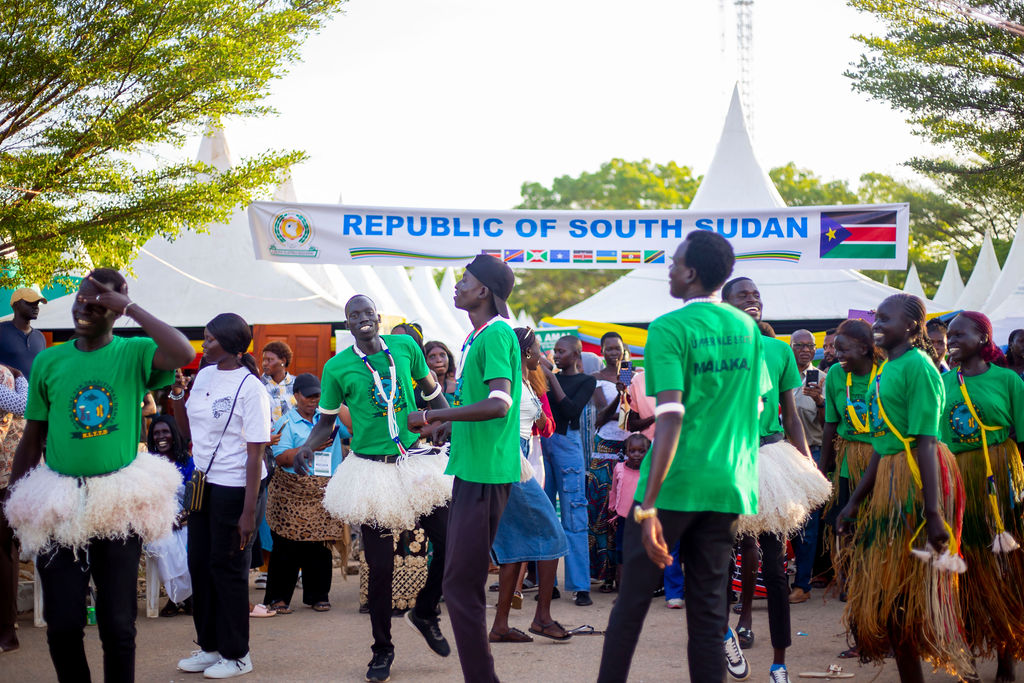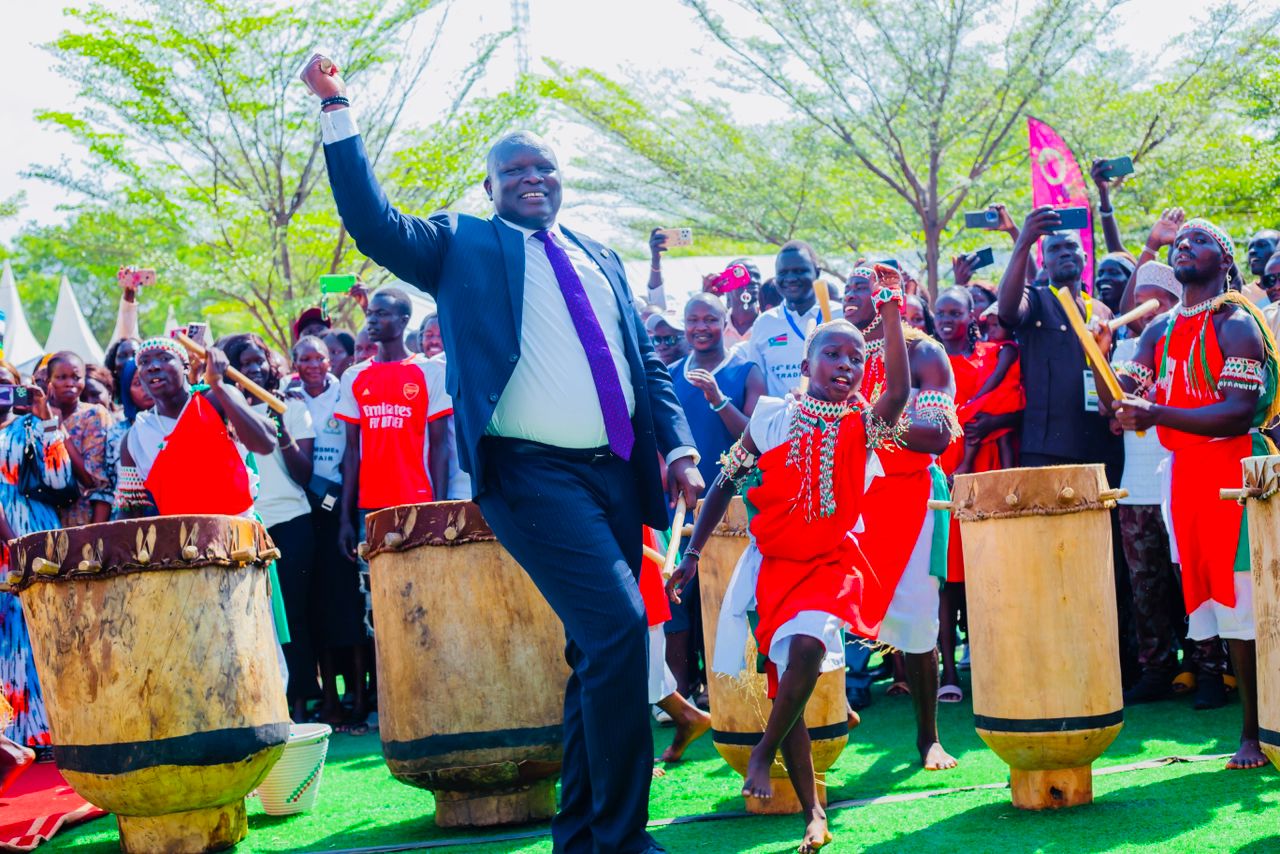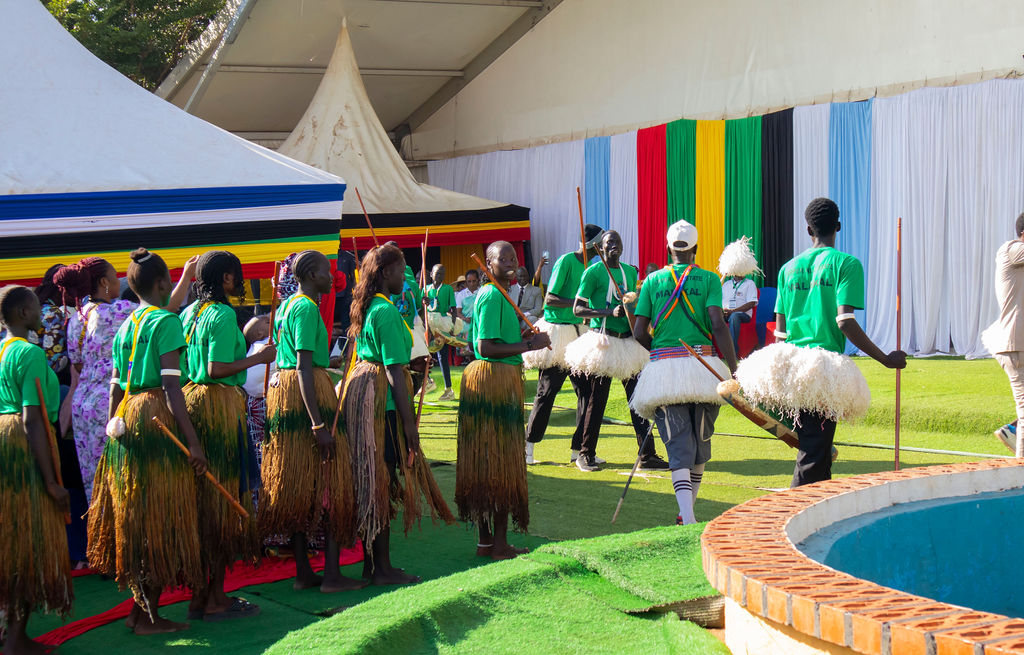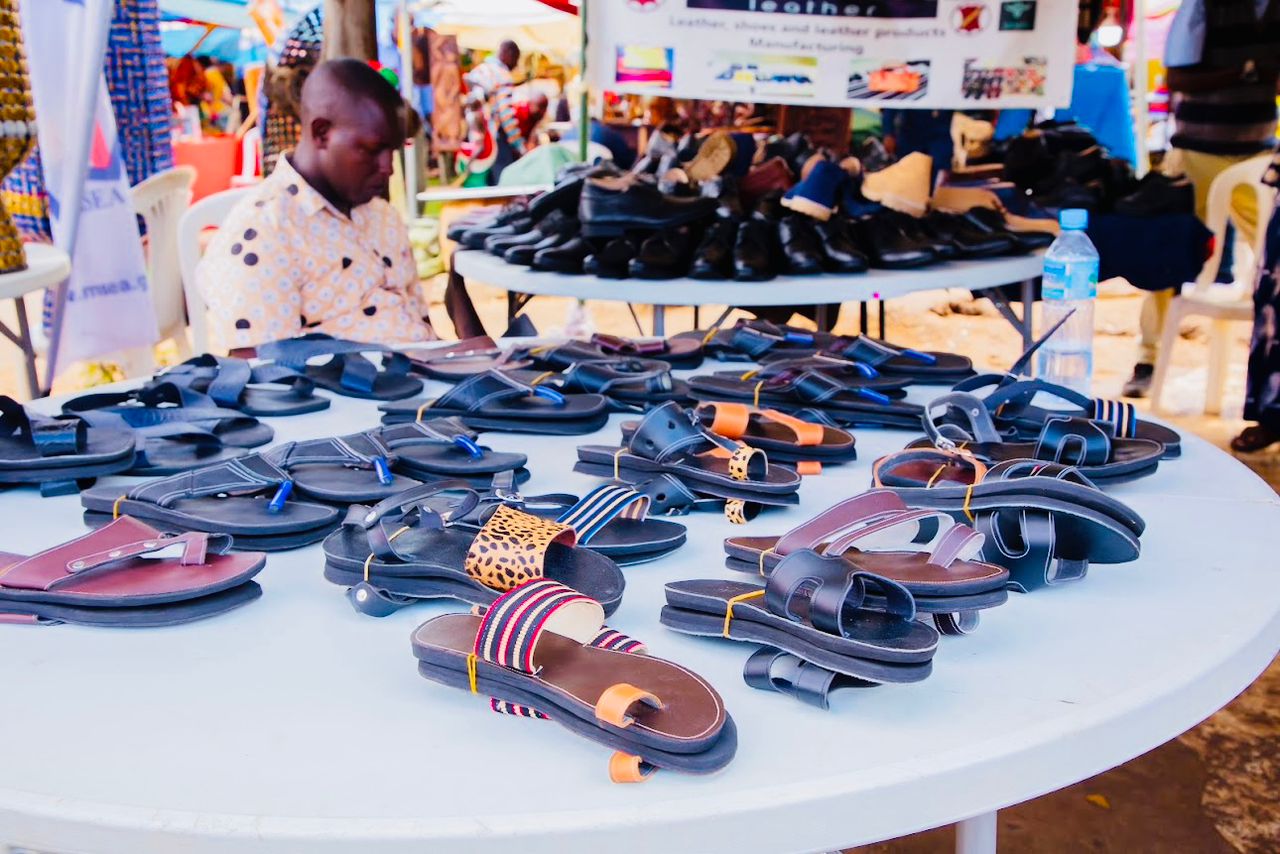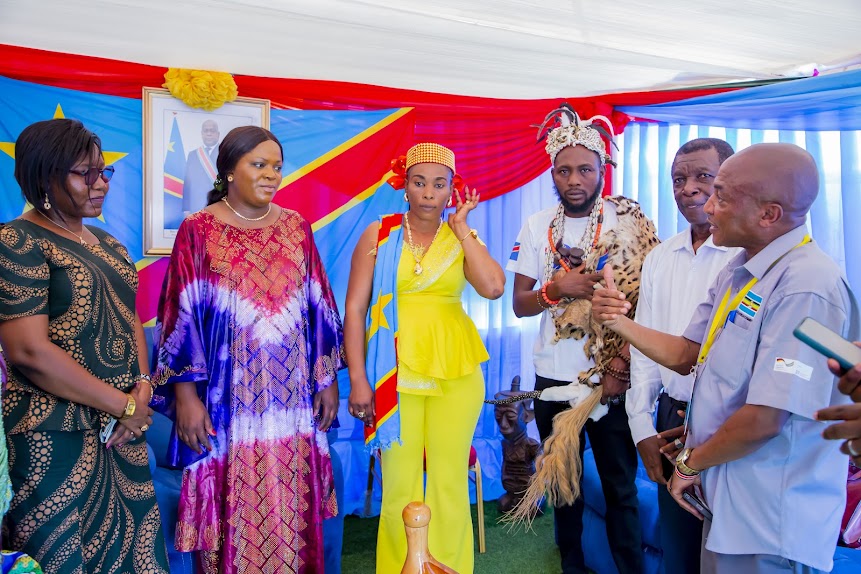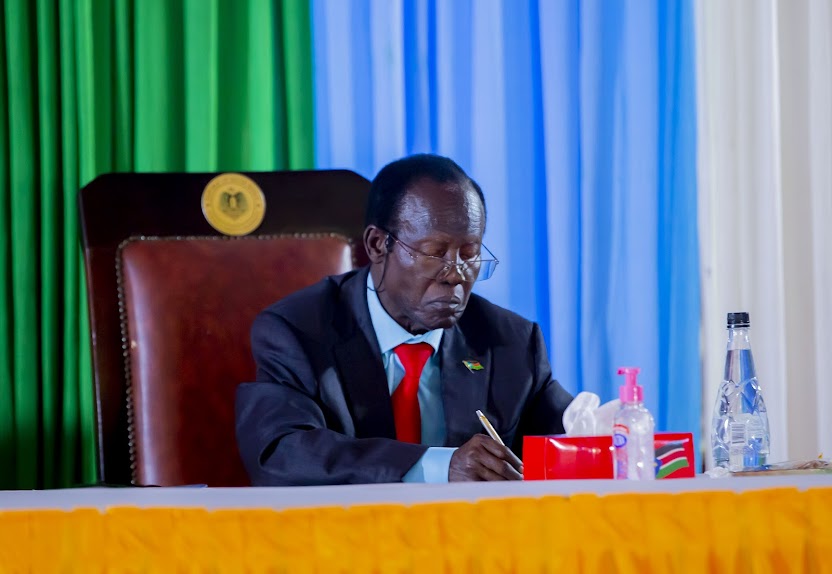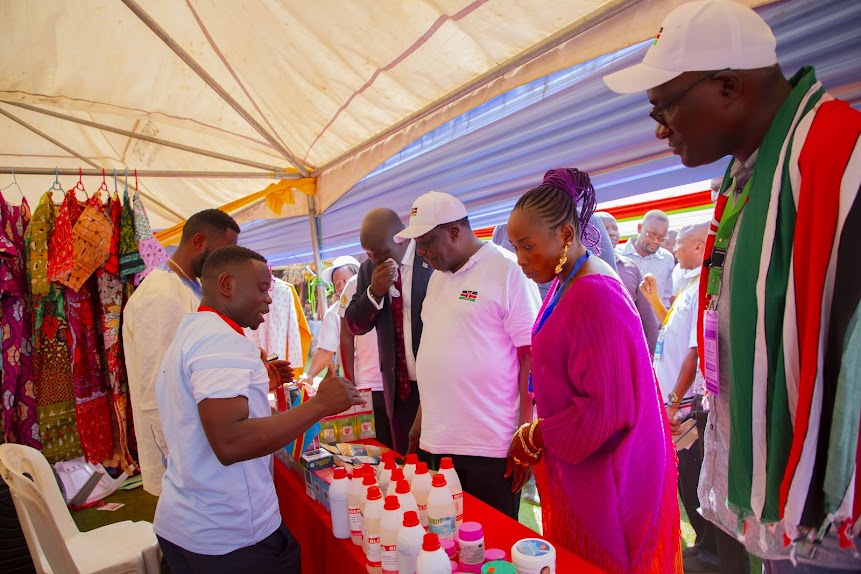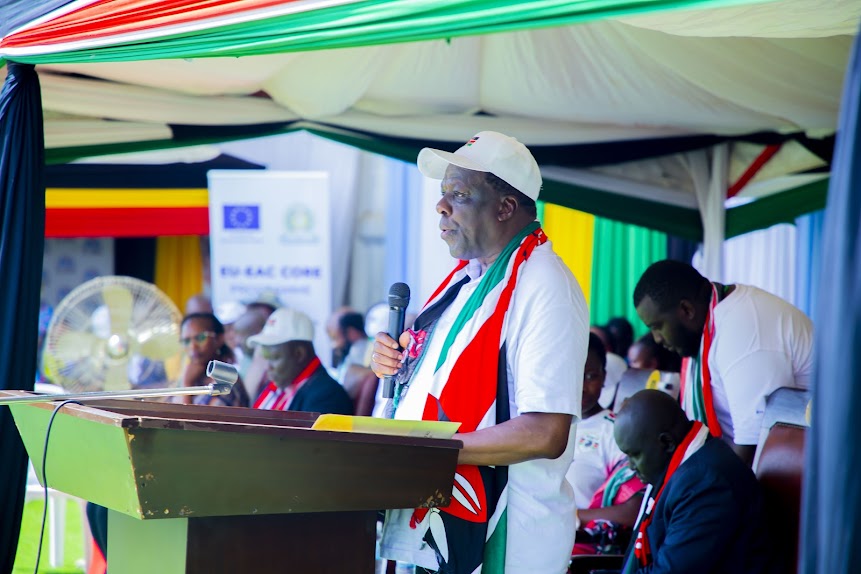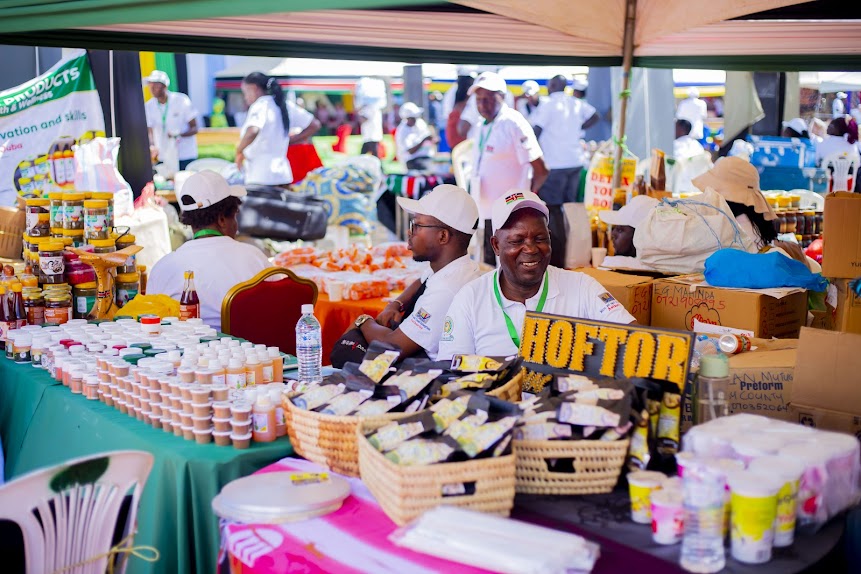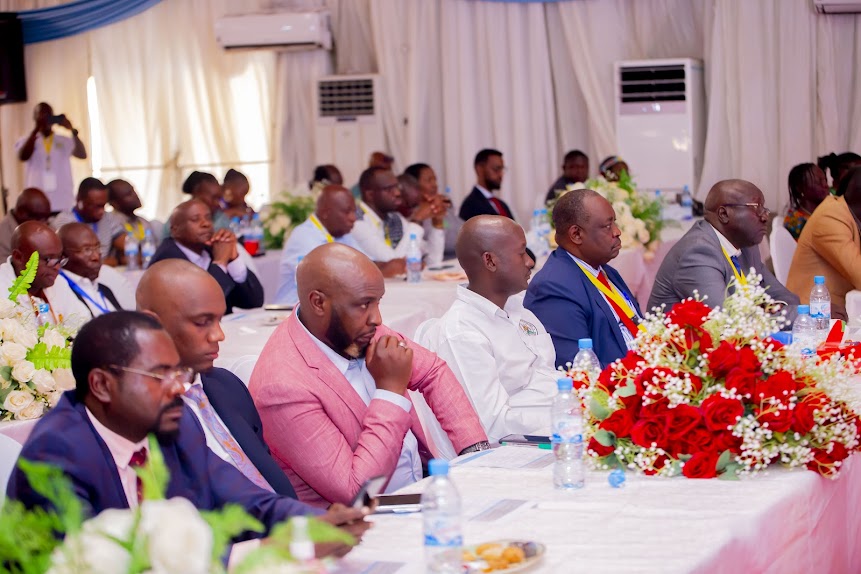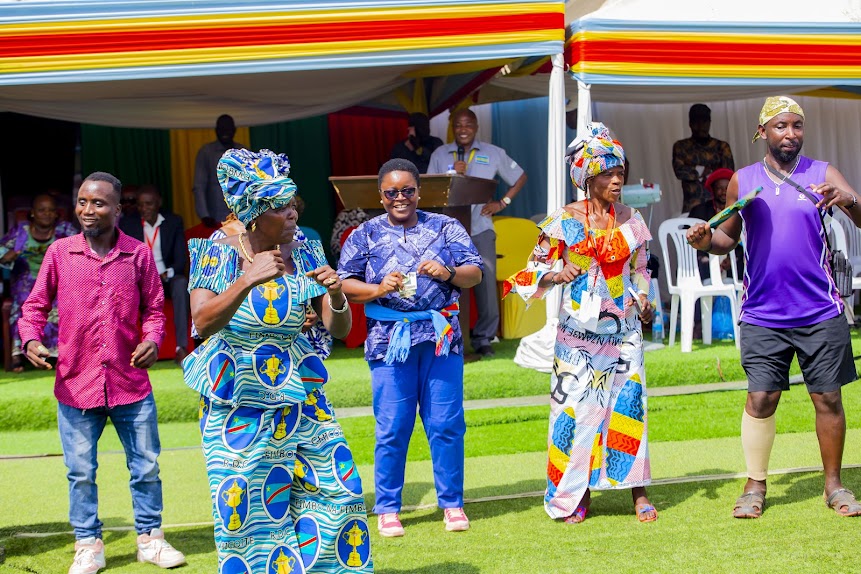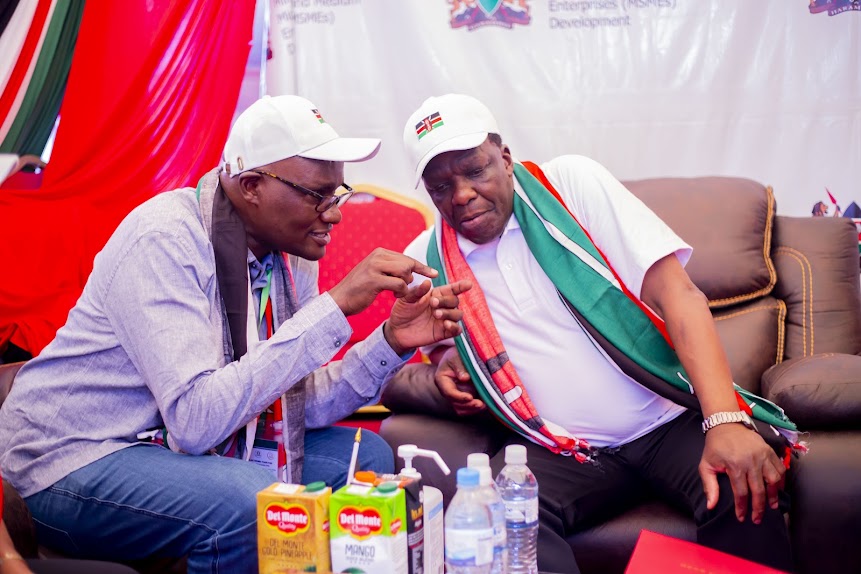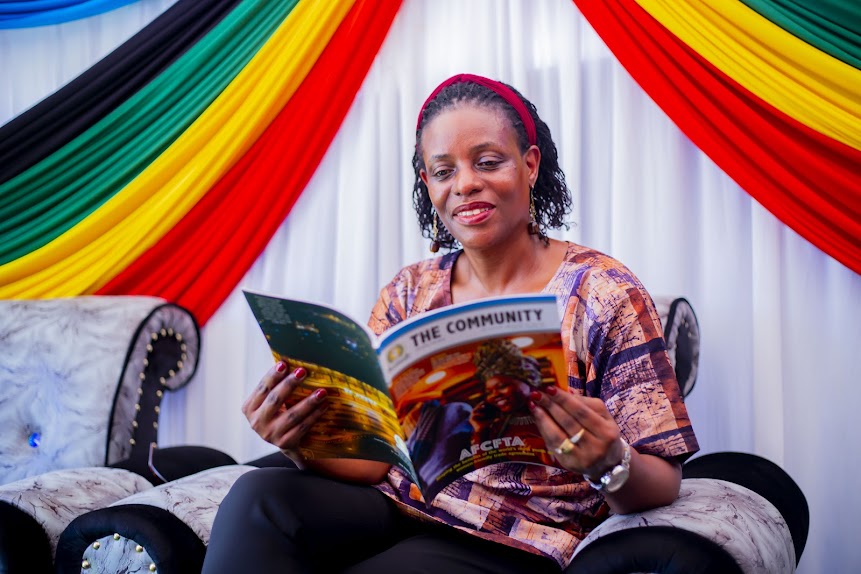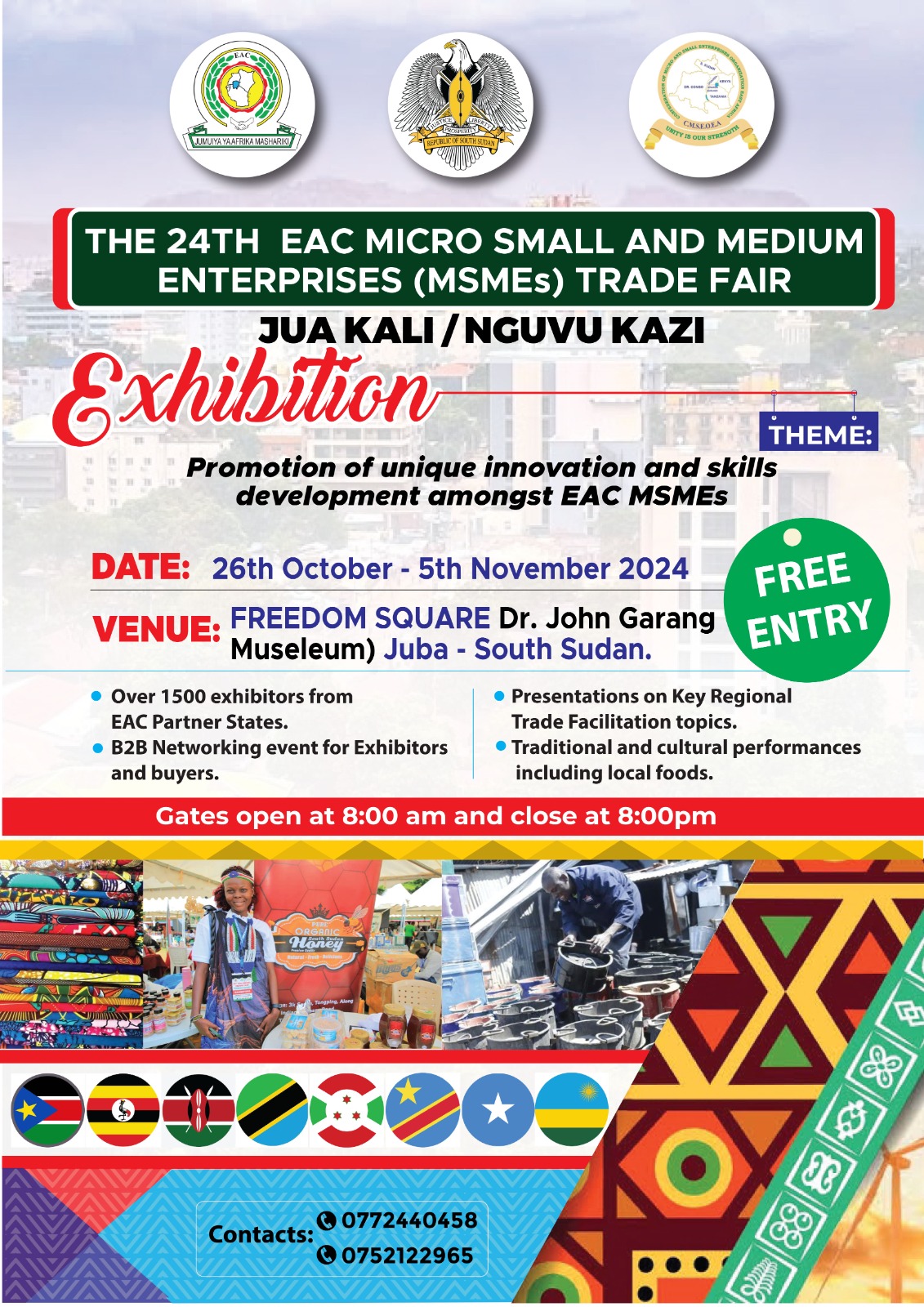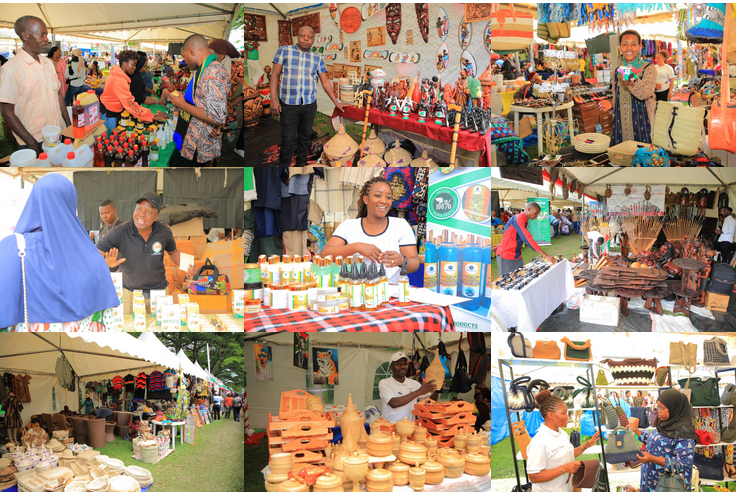
 About the Trade Fair
About the Trade Fair
 Symposium
Symposium
 Partner State Profiles
Partner State Profiles
Read EAC Partner State Profiles >
 Exhibition
Exhibition
 Venue and Activities
Venue and Activities
 Partner States' Days
Partner States' Days
The EAC Partner States will have an opportunity to showcase their Tradition and Culture on the specific Partner States’ Days. The days are as per the programme of activities.
ABOUT THE FESTIVAL
The East African Community undertakes MSMEs promotion through bringing together different artisans from all the Partner States under the annual East African Community Micro, Small and Medium Enterprises (MSMEs) Trade Fair formally known as the EAC Jua Kali Nguvu Kazi Exhibition. The Trade Fair is organized by the EAC Secretariat in collaboration with the Confederation of Micro and Small Enterprises Organization (CMSEO - EA) and the Partner States.
The first Trade Fair was held in Arusha in November 1999 during the historic event of signing of the Treaty for the Establishment of the East African Community. Subsequent to the success of the Arusha Trade Fair, the EAC Heads of State directed that the Trade Fair be held annually on rotational basis among the EAC Partner States so as to enhance and revamp the socio-economic integration of the people of East Africa, opening up new market frontiers for their products while bridging up the knowledge and technological gaps between them.
The 2024 edition of the Trade Fair is themed "Promotion of Unique Innovations and Skills Development Amongst EAC MSMEs".
The 24th Trade Fair is scheduled to take place from 26th October - 5th November, 2024 in Juba, South Sudan. The Trade Fair will bring together more than 1,000 exhibitors from all the EAC Partner States.
EAC PARTNER STATE PROFILES
-
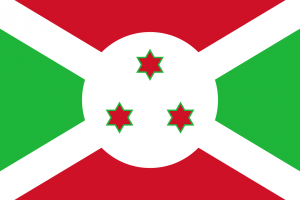 The Republic of Burundi (Kirundi: Republika y’Uburundi; Français: République du Burundi), is a landlocked contry, located in the African Great Lakes region of East Africa, bordered by the Republic of Rwanda to the North, the United Repuvblic of Tanzania to the East and South, and the Democratic Republic of Congo (DRC) to the West. It is also sometimes considered as part of the Central Africa.
The Republic of Burundi (Kirundi: Republika y’Uburundi; Français: République du Burundi), is a landlocked contry, located in the African Great Lakes region of East Africa, bordered by the Republic of Rwanda to the North, the United Repuvblic of Tanzania to the East and South, and the Democratic Republic of Congo (DRC) to the West. It is also sometimes considered as part of the Central Africa. -
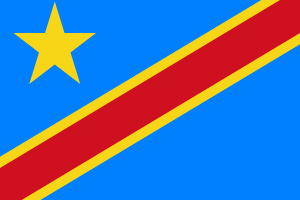 The Democratic Republic of the Congo (DRC) is located in central sub-Saharan Africa, bordered to the northwest by the Republic of the Congo, to the north by the Central African Republic, to the northeast by South Sudan, to the east by Uganda, Rwanda and Burundi, and by Tanzania (across Lake Tanganyika), to the south and southeast by Zambia, to the southwest by Angola, and to the west by the South Atlantic Ocean and the Cabinda Province exclave of Angola.
The Democratic Republic of the Congo (DRC) is located in central sub-Saharan Africa, bordered to the northwest by the Republic of the Congo, to the north by the Central African Republic, to the northeast by South Sudan, to the east by Uganda, Rwanda and Burundi, and by Tanzania (across Lake Tanganyika), to the south and southeast by Zambia, to the southwest by Angola, and to the west by the South Atlantic Ocean and the Cabinda Province exclave of Angola. -
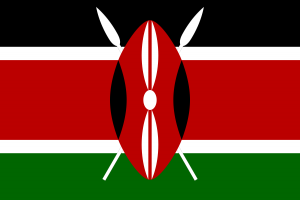 Kenya is a country in East Africa with coastline on the Indian Ocean. It encompasses savannah, lake lands, the dramatic Great Rift Valley, mountain highlands and abundant wildlife such as lions, elephants and rhinos. From Nairobi, the capital, safaris visit the Masaai Mara reserve, known for its annual wildebeest migrations, and Amboseli National Park, offering views of Tanzania’s 5,895m Mt Kilimanjaro.
Kenya is a country in East Africa with coastline on the Indian Ocean. It encompasses savannah, lake lands, the dramatic Great Rift Valley, mountain highlands and abundant wildlife such as lions, elephants and rhinos. From Nairobi, the capital, safaris visit the Masaai Mara reserve, known for its annual wildebeest migrations, and Amboseli National Park, offering views of Tanzania’s 5,895m Mt Kilimanjaro. -
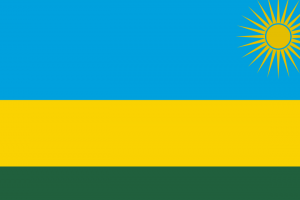 Rwanda, known as the land of a thousand hills, its stunning scenery and warm, friendly people offer unique experiences in one of the most remarkable countries in the world. It is blessed with extraordinary biodiversity, with incredible wildlife living throughout its volcanoes, montane rainforest and sweeping plains.
Rwanda, known as the land of a thousand hills, its stunning scenery and warm, friendly people offer unique experiences in one of the most remarkable countries in the world. It is blessed with extraordinary biodiversity, with incredible wildlife living throughout its volcanoes, montane rainforest and sweeping plains. -
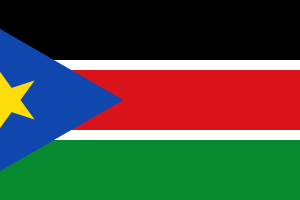 South Sudan is bordered by Sudan to the north, Ethiopia to the east, Kenya to the southeast, Uganda to the south, the Democratic Republic of the Congo to the southwest, and the Central African Republic to the west. It includes the vast swamp region of the Sudd, formed by the White Nile and known locally as the Bahr al Jabal.
South Sudan is bordered by Sudan to the north, Ethiopia to the east, Kenya to the southeast, Uganda to the south, the Democratic Republic of the Congo to the southwest, and the Central African Republic to the west. It includes the vast swamp region of the Sudd, formed by the White Nile and known locally as the Bahr al Jabal. -
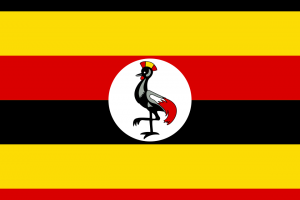 Uganda is a landlocked country in East Africa whose diverse landscape encompasses the snow-capped Rwenzori Mountains and immense Lake Victoria. Its abundant wildlife includes endangered gorillas and chimpanzees as well as rare birds. Remote Bwindi Impenetrable National Park is a famous mountain gorilla sanctuary, while Murchison Falls National Park in the northwest is known for its 43m-tall waterfall and wildlife such as hippos.
Uganda is a landlocked country in East Africa whose diverse landscape encompasses the snow-capped Rwenzori Mountains and immense Lake Victoria. Its abundant wildlife includes endangered gorillas and chimpanzees as well as rare birds. Remote Bwindi Impenetrable National Park is a famous mountain gorilla sanctuary, while Murchison Falls National Park in the northwest is known for its 43m-tall waterfall and wildlife such as hippos. -
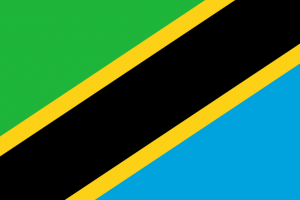 Tanzania is an East African country known for its vast wilderness areas. They include the plains of Serengeti National Park, a safari mecca populated by the “big five” game (elephant, lion, leopard, buffalo, rhino), and Kilimanjaro National Park, home to Africa’s highest mountain. Offshore lie the tropical islands of Zanzibar and Mafia Marine Park, where whale sharks swim through reefs.
Tanzania is an East African country known for its vast wilderness areas. They include the plains of Serengeti National Park, a safari mecca populated by the “big five” game (elephant, lion, leopard, buffalo, rhino), and Kilimanjaro National Park, home to Africa’s highest mountain. Offshore lie the tropical islands of Zanzibar and Mafia Marine Park, where whale sharks swim through reefs.
Trade Fair Activities
EAC Open Day
High-Level Side Event
The Trade Fair will be located at venue, which will host various cultural exhibitions by EAC Partner States.
24th Ordinary Summit
A daily Symposium will be run by professional and experienced local and Regional presenters
Symposium Thematic Areas
The Symposium will provide a forum for regional experts to discuss and deliberate topical issues, with a view to recommending the harmonisation of policies and strategies in enhancing regional integration and development of East Africa.
Elimination of Non-Tariff Barriers (NTBs)
Protection of Innovations - Intellectual Property Rights
Financing of MSMEs Activities
Enhancing Research and Development of MSMEs production
Exploring opportunities under the AfCFTA
Use of Information Technology to grow MSMEs Business
Formalisation process of MSMEs businesses
Business Opportunities in South Sudan
2024 TRADE FAIR HIGHLIGHTS
 Welcome Message
Welcome Message
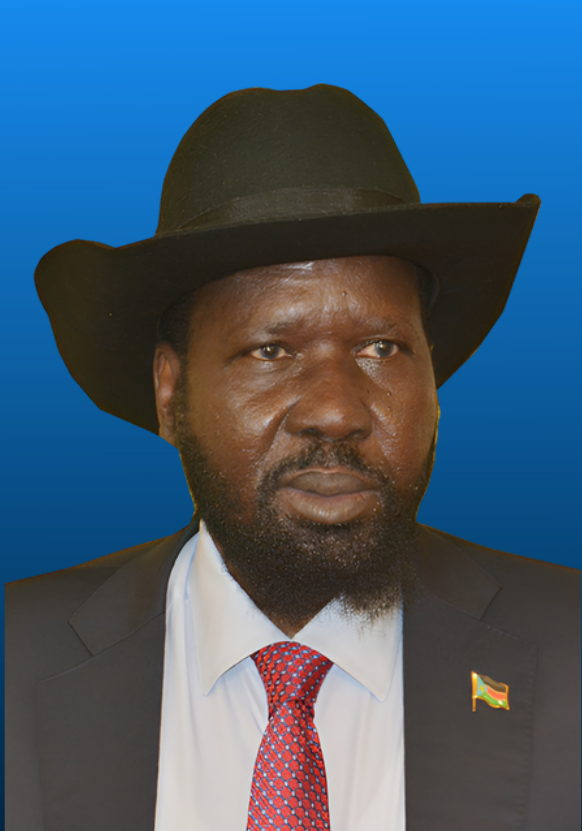 H.E Salva Kiir Mayardit
H.E Salva Kiir Mayardit
President of the Republic of South Sudan
 LIVESTREAM
LIVESTREAM
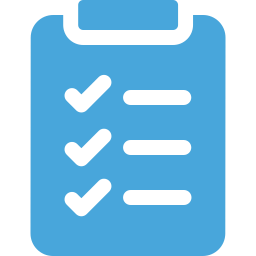 QUICK INFO
QUICK INFO
 PRESS RELEASES
PRESS RELEASES
-

MSMEs are the backbone of regional economic development, says South Sudan Vice President
-
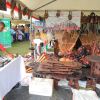
All set for the 24th EAC MSMEs Trade Fair in Juba, South Sudan
 2024 TRADE FAIR GALLERY
2024 TRADE FAIR GALLERY
 PLANNED ACTIVITIES
PLANNED ACTIVITIES
26.10.2024 - CMSEO Day
27.10.2024 - South Sudan Day
28.10.2024 - Official Opening
29.10.2024 - Kenya Day
30.10.2024 - Burundi Day
31.10.2024 - DRC Day
01.11.2024 - Rwanda Day
02.11.2024 - Uganda Day
03.11.2024 - Tanzania Day
04.11.2024 - Somalia Day
05.11.2024 - Closing Ceremony
